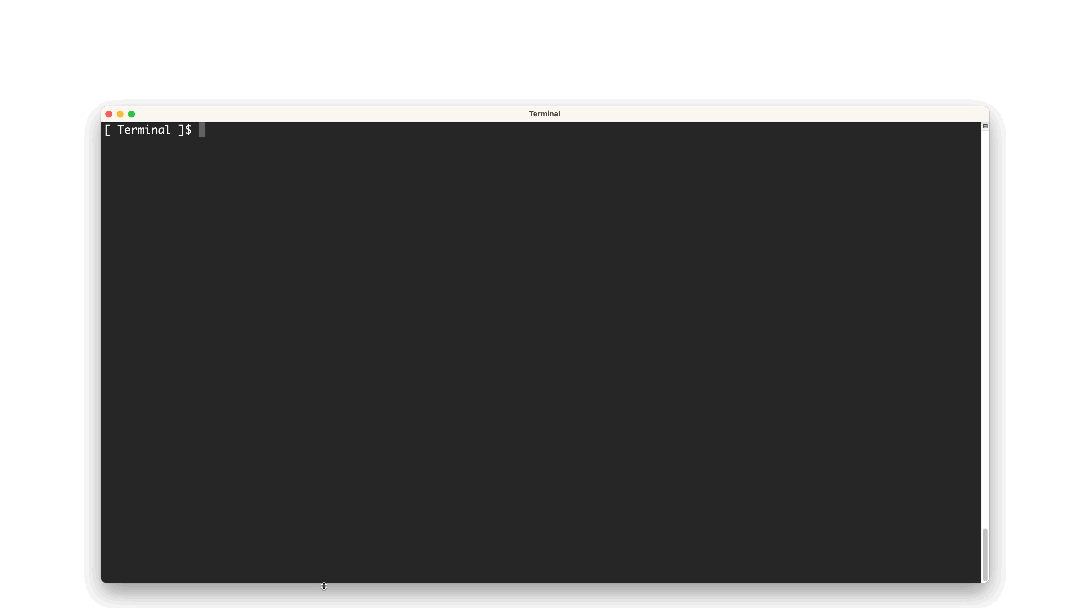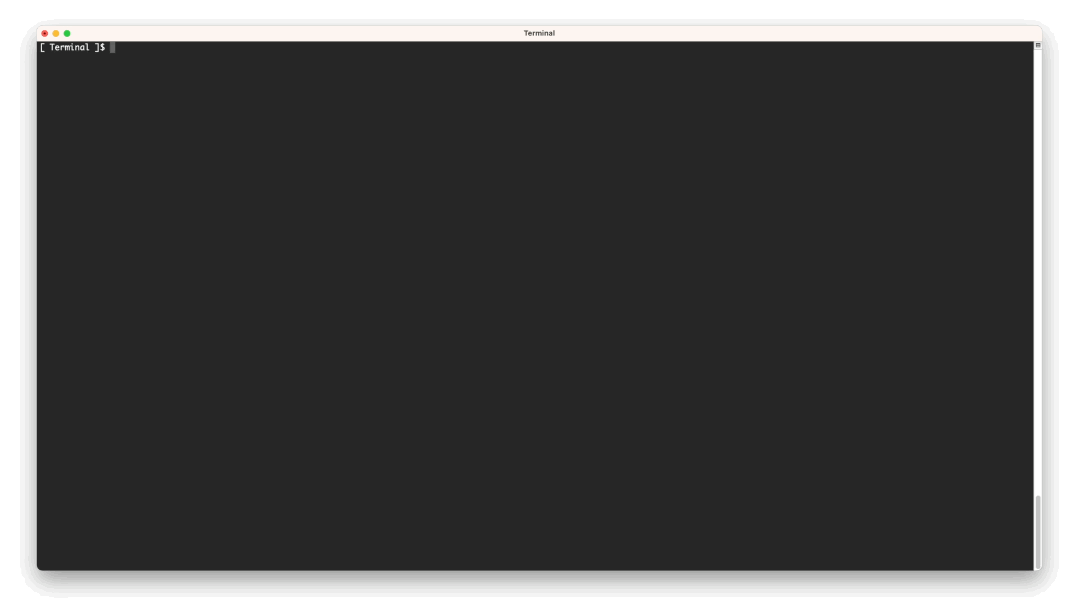CloudFront Hosting Toolkit is an open-source command-line tool designed to simplify the deployment and management of fast, secure frontend applications on AWS. It offers the convenience of a managed frontend hosting service while giving developers full control over their hosting and deployment infrastructure.
CloudFront Hosting Toolkit is a comprehensive solution that automates the process of setting up and managing a robust, scalable frontend hosting infrastructure on AWS. It leverages several AWS services, including CloudFront, S3, CodePipeline, and Lambda, to create a powerful hosting environment tailored for modern web applications.
Key features include:
- 🚀 Automated setup of AWS resources for frontend hosting
- 🔄 Continuous deployment pipeline for GitHub and S3-based workflows
- 🌐 Optimized content delivery through CloudFront
- 🔒 Built-in security features including HTTPS and security headers
- 🔗 Custom domain support with automatic SSL/TLS certificate management
- 🛠️ Flexible configuration options for various frontend frameworks
CloudFront Hosting Toolkit streamlines the deployment process through a simple CLI interface. It automatically provisions and configures necessary AWS resources, handles the deployment pipeline, and manages content delivery through CloudFront.
For a detailed explanation of the architecture and workflow, please refer to our Architecture documentation.
- Simplicity: Deploy complex frontend hosting setups with just a few commands.
- Speed: Leverage CloudFront's global CDN for fast content delivery.
- Security: Automatic HTTPS configuration and security headers.
- Flexibility: Support for various frontend frameworks and deployment sources.
- Cost-Effective: Utilize AWS services efficiently without unnecessary overhead.
- Full Control: Retain the ability to customize and extend your infrastructure.
Check out our documentation for comprehensive guides on setting up and using the Cloudfront Hosting Toolkit!
- Node.js 18+
- AWS CLI 2+ configured with your AWS account
- (Optional) A GitHub account for GitHub-based deployments
npm install -g @aws/cloudfront-hosting-toolkit-
Initialize your project:
cloudfront-hosting-toolkit init
The animated GIF below demonstrates the initialization process

-
Deploy your website:
cloudfront-hosting-toolkit deploy
For more detailed instructions and advanced usage, please refer to our CLI Guide.
# Show domain name
cloudfront-hosting-toolkit show
# Check deployment status
cloudfront-hosting-toolkit status
# Remove hosting infrastructure
cloudfront-hosting-toolkit deleteCloudFront Hosting Toolkit sets up a comprehensive AWS architecture for your frontend hosting:
- Source Control: GitHub repository or S3 bucket
- CI/CD: AWS CodePipeline for automated builds and deployments
- Build Process: AWS CodeBuild for compiling and creating deployment artifacts
- Storage: S3 buckets for hosting website files
- Content Delivery: CloudFront for global content distribution
- Routing: CloudFront Functions for request handling and routing
- Orchestration: Step Functions for managing deployment processes
- State Management: KVS for storing deployment state information
This architecture ensures a scalable, performant, and maintainable hosting solution for your frontend applications.
CloudFront Hosting Toolkit offers flexibility in how it can be used:
- CLI: Use the Command-Line Interface for a straightforward, step-by-step deployment process.
- CDK Construct: Leverage the CloudFront Hosting Toolkit as a ready-made L3 CDK construct for seamless integration into your AWS CDK projects.
- CDK Source Code: Customize the CDK source code to tailor the infrastructure to your specific requirements.
For more information on how to use CloudFront Hosting Toolkit, including advanced usage scenarios and in-depth customization options, please refer to our extensive documentation in the Advanced section.
For information about upcoming features and improvements, please see our Roadmap.
We welcome contributions! Please see our Contributing Guide for more details.
This library is licensed under the Apache-2.0 License.






